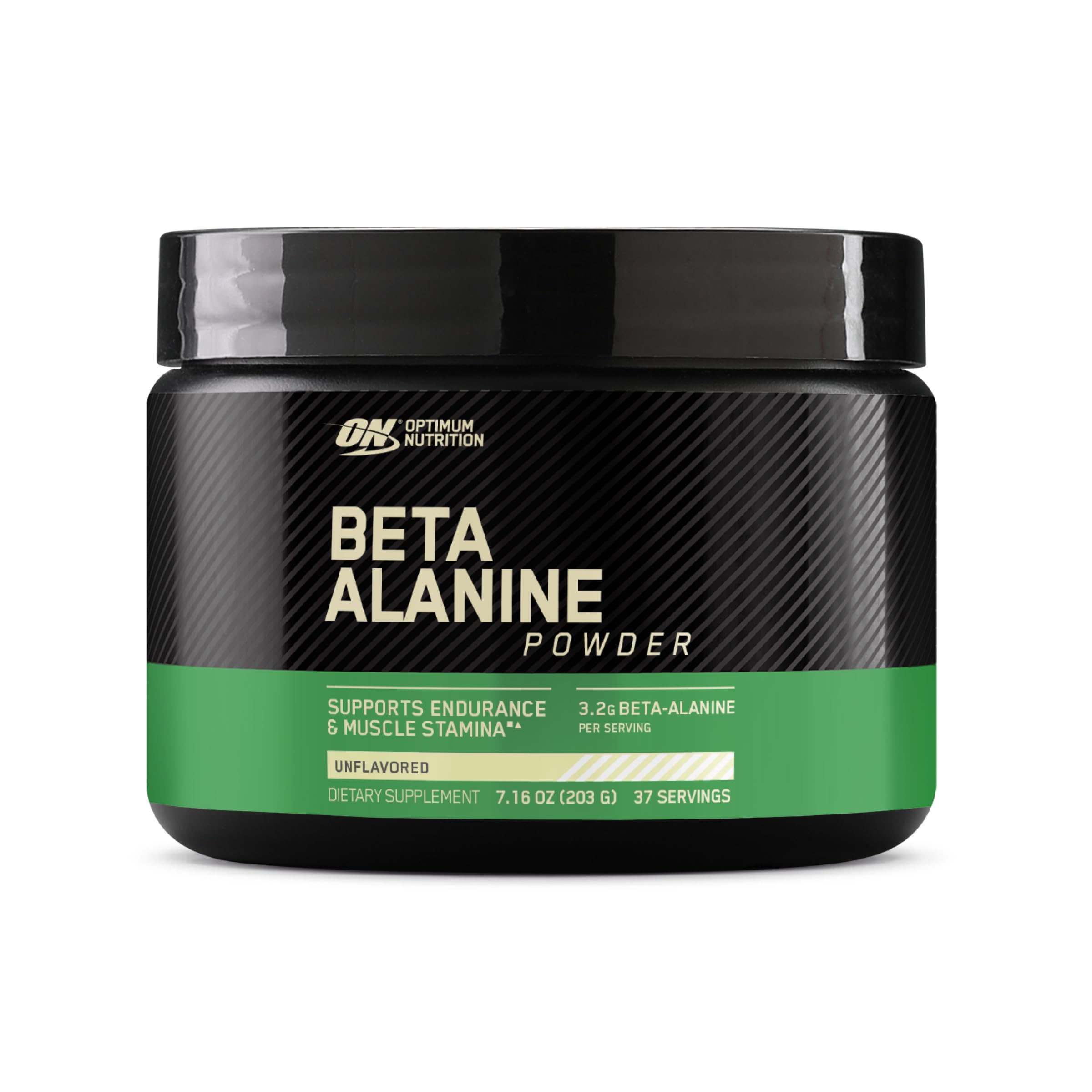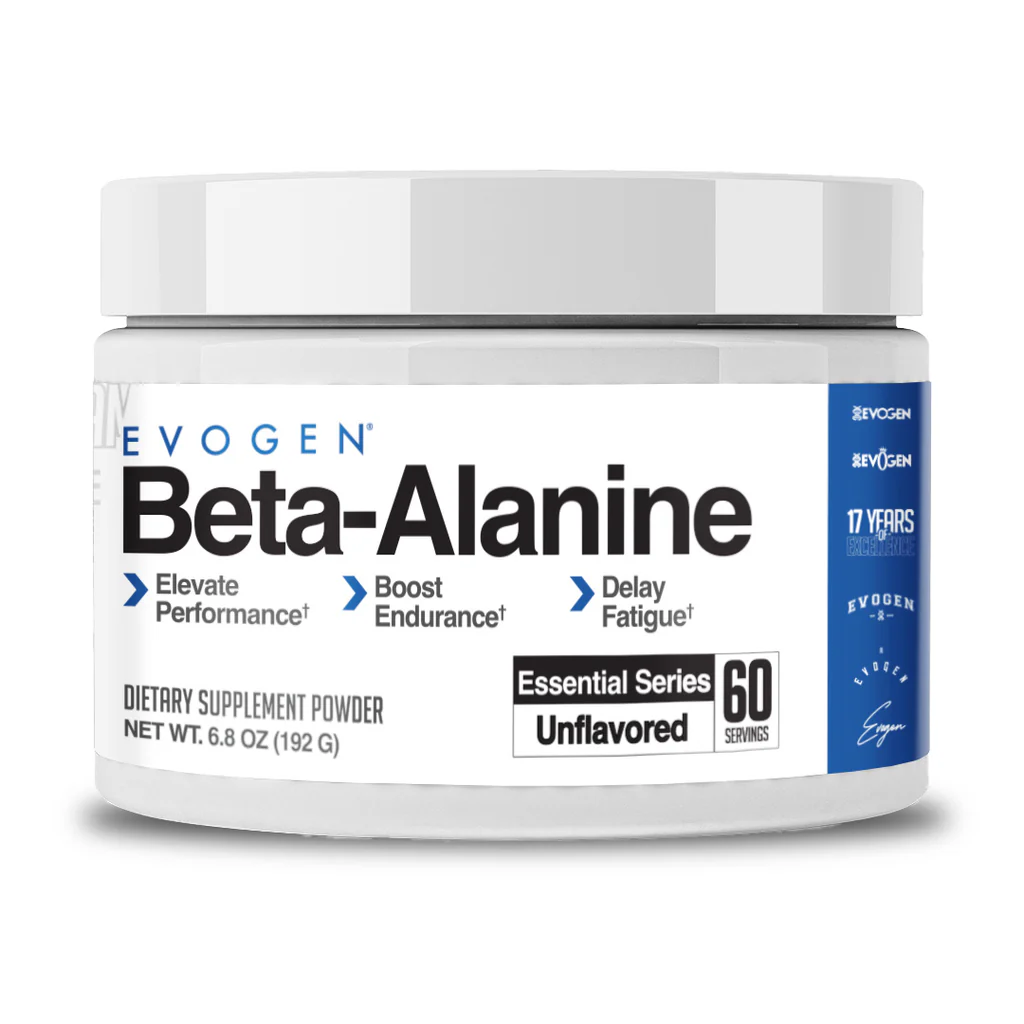Description
Beta-Alanine: Fueling Your Performance and Fighting Fatigue
Beta-alanine is a popular supplement amongst athletes and fitness enthusiasts, and for good reason. It’s a naturally occurring non-essential amino acid that’s gained traction for its potential to boost athletic performance, delay fatigue, and improve muscle endurance. But what exactly is beta-alanine, and how does it work its magic? Let’s dive in.
What is Beta-Alanine?
Unlike most amino acids, beta-alanine isn’t used to build proteins. Instead, it teams up with another amino acid called L-histidine to form carnosine, a dipeptide found in high concentrations within muscle tissues. Carnosine acts as a buffer, helping to neutralize the buildup of hydrogen ions (H+) during high-intensity exercise.
The Science Behind the Benefit: Buffering the Burn
When you exercise intensely, your body relies on anaerobic metabolism, which produces lactic acid as a byproduct. Lactic acid breaks down into lactate and H+, contributing to the “burn” you feel in your muscles. This acidity can interfere with muscle contractions and ultimately lead to fatigue.
Here’s where carnosine comes in. By acting as a buffer, carnosine helps soak up those excess H+ ions. This reduces muscle acidity, allowing you to maintain high-intensity efforts for longer periods and delay the onset of fatigue.
Key Benefits of Beta-Alanine Supplementation:
- Improved Muscular Endurance: This is perhaps the most well-known benefit. By buffering muscle acidity, beta-alanine allows you to push harder and longer during workouts, leading to improvements in endurance, particularly in activities lasting between 30 seconds and 10 minutes.
- Increased Power Output: Studies suggest that beta-alanine supplementation can contribute to improvements in power output, especially in exercises requiring repeated bursts of energy, like sprinting or weightlifting.
- Delayed Fatigue: By delaying the onset of muscle fatigue, beta-alanine helps you train harder and recover faster, potentially leading to greater gains in strength and muscle mass.
- Potential Cognitive Benefits: Emerging research suggests that carnosine may also play a role in cognitive function, potentially offering neuroprotective benefits. However, more research is needed in this area.
Who Can Benefit from Beta-Alanine?
While everyone can potentially benefit from beta-alanine, it is particularly useful for athletes and individuals engaged in:
- High-intensity interval training (HIIT): The buffering effect can help you push harder during those intense bursts.
- CrossFit and other functional fitness programs: The variety of exercises and high-intensity nature of these programs make beta-alanine a valuable supplement.
- Sprinting and other short-duration, high-intensity activities: Enhanced power output and delayed fatigue can be crucial in these disciplines.
- Weightlifting and strength training: By allowing you to perform more reps, beta-alanine can contribute to muscle growth.
Dosage and Side Effects:
The recommended dosage of beta-alanine is generally between 2-5 grams per day, taken in divided doses to minimize a common side effect called paresthesia. Paresthesia is a harmless tingling or itching sensation, often felt in the face, neck, and hands. It’s caused by beta-alanine stimulating nerve endings and usually subsides within an hour. Taking beta-alanine with meals or in smaller doses throughout the day can help minimize this effect.
Considerations and Cautions:
- Creatine Synergy: Beta-alanine and creatine often work synergistically. Some studies suggest that combining these two supplements can lead to even greater improvements in performance.
- Individual Variability: Responses to beta-alanine can vary. Some individuals may experience more pronounced benefits than others.
- Consult Your Doctor: It’s always recommended to consult with a healthcare professional or registered dietitian before starting any new supplement regimen, especially if you have any pre-existing medical conditions.
In Conclusion:
Beta-alanine is a well-researched supplement that offers significant potential benefits for athletes and those looking to improve their performance in high-intensity activities. By boosting carnosine levels in muscles, beta-alanine helps buffer acidity, delay fatigue, and enhance endurance. While paresthesia is a common side effect, it’s generally harmless and can be minimized with proper dosing. If you’re looking for a natural way to enhance your training and push your limits, beta-alanine may be worth considering. Remember to always consult with a healthcare professional before starting any new supplement routine.













Reviews
There are no reviews yet.